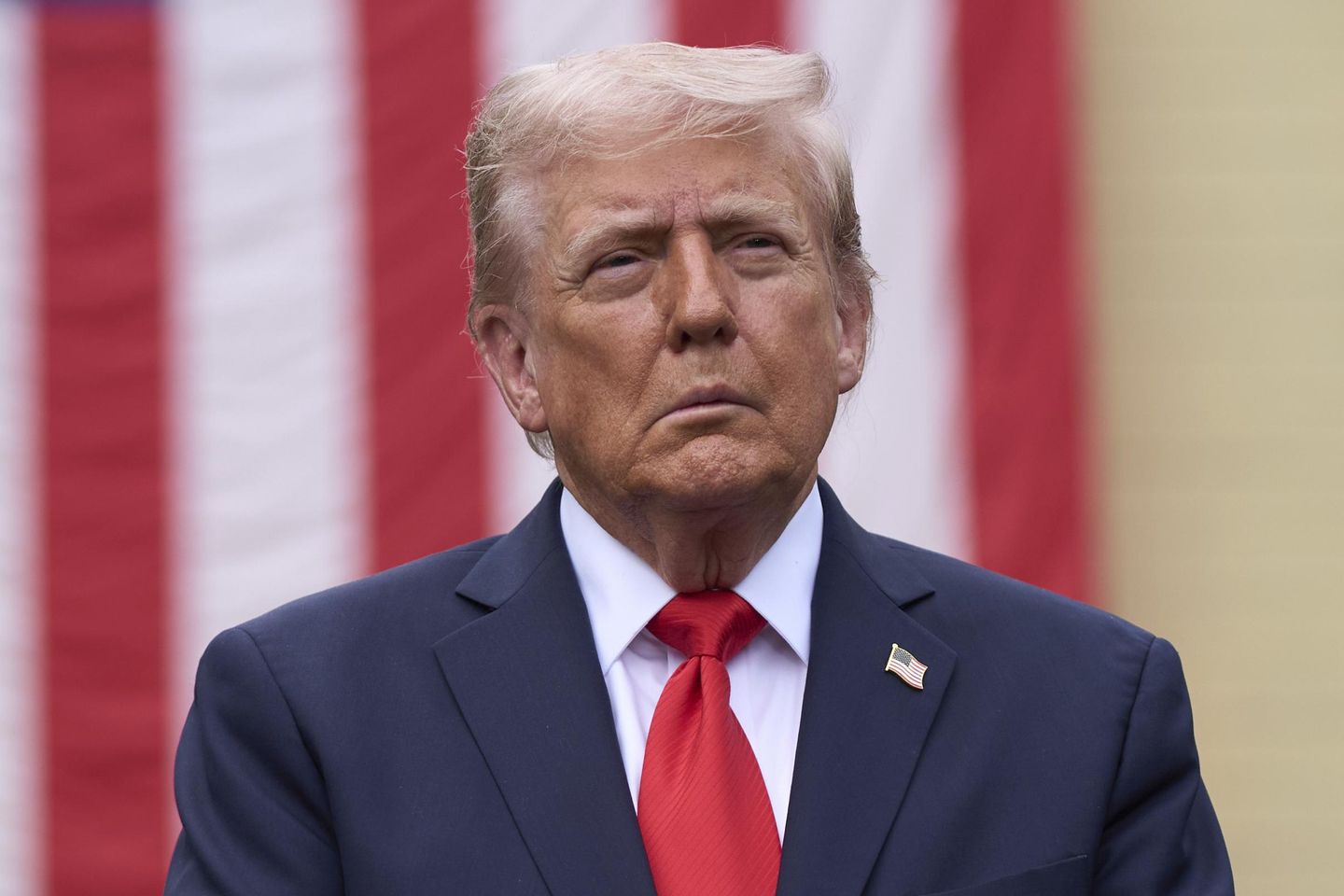
In the wake of Chinese President Xi Jinping’s reception of world leaders at a military parade last week, the U.S. needs to reengage with the Indo-Pacific via top-level visits and diplomatic engagement, while addressing concerns generated by tariffs and “America First” rhetoric, top analysts said Thursday.
On Sept. 3, Mr. Xi hosted Russian President Vladimir Putin, North Korean leader Kim Jong-un and a host of leaders from the Global South in Beijing to commemorate the 80th anniversary of the end of World War II in the Pacific.
“China was trying to buttress its legitimacy both domestically and internationally,” said Daniel J. Kritenbrink, who served as assistant secretary of state for East Asian and Pacific Affairs in the Biden administration.
Mr. Kritenbrink told a panel discussion hosted by Washington think tank CSIS on Thursday that “more than anything, China was trying to present itself as a responsible actor in global affairs … the language was designed to portray China as a defender of the multilateral system and the Global South.”
That message has resonance.
Much of the world has been shaken by the Trump administration’s unilateral imposition of tariffs on imports, and the tariffs hit especially hard in the Indo-Pacific — a hotbed of export-focused, manufacturing economies.
The early shock has now passed.
“Friends in the region said it was relative tariff rates that were most important,” Mr. Kritenbrink said. “Most of Asia is in the 15-20% range, so it is seen as mostly manageable.”
He warned, however, that related details, particularly on investment packages, still need to be reconciled.
Regardless, surprises emanating from Washington have granted China the opportunity to portray itself as a champion of stability and norms.
“It is ironic that China wants to appear as defender of the world order … it ignores international laws,” said retired U.S. Adm. Harry Harris, citing coercive actions and territory grabs in the South and East China Seas.
Those actions might be expected to drive some capitals into U.S. arms. However, “America First” rhetoric has shaken some allies, who question U.S. commitment to their respective regions and alliances.
“There is a false narrative that says ‘America First’ means ‘America Alone,’” said Mr. Harris, who formerly led Indo-Pacific Command, and was subsequently U.S. ambassador to Seoul. “This false narrative has the possibility of becoming a self-fulfilling prophecy if we don’t put ambassadors in place and engage with other nations at the leader level.”
Mr. Trump has not yet appointed ambassadors to Seoul or Sydney, nor has he met Australian Prime Minister Anthony Albanese.
“We have to have the right messenger and when we don’t have ambassadors in place, it sends the wrong message,” Mr. Harris said. “That creates an opportunity for China to say, ‘We are here and you can’t trust America.’”
“President Xi was trying to send the signal that there is a vacuum in international affairs, there is instability and chaos coming out of Washington,” Mr. Kritenbrink said. “Let’s make sure … we have a steady pace of senior U.S. officials traveling to the region … to prove and demonstrate our commitment.”
It remains unclear whether Mr. Trump will attend two major multilaterals, both set for October: The East Asia Summit in Malaysia and the Asia-Pacific Economic Cooperation Forum in South Korea.
Last week’s parade in China — optically, at least — showcased a convergence between Beijing, Moscow and Pyongyang. But matters did not go all Mr. Xi’s way.
The event showed “a cementing of this ‘Axis of Upheaval’ — a cool term that is better than most of the terms bandied about,” Mr. Harris said. “But let’s not hyperventilate. The greatest strategist in Beijing was [Indian Prime Minister Narendra] Modi.”
Mr. Modi attended the Tianjin SCO meet, but not the Beijing parade.
“He conveyed the message he wanted to convey and did not attend the parade, which would have created an entirely different visual dynamic,” Mr. Harris continued.
Analysts have fretted that the Modi-Trump relationship has become so toxic that the world’s largest democracy may drift away from Washington toward Beijing.
However, others say that India’s ideological DNA, and strategic and territorial differences with China, are restraining factors.
“I think there will be real limits to what will happen between India and China,” said Mr. Kritenbrink. “Modi probably sent signals to Washington about strategic autonomy.”












